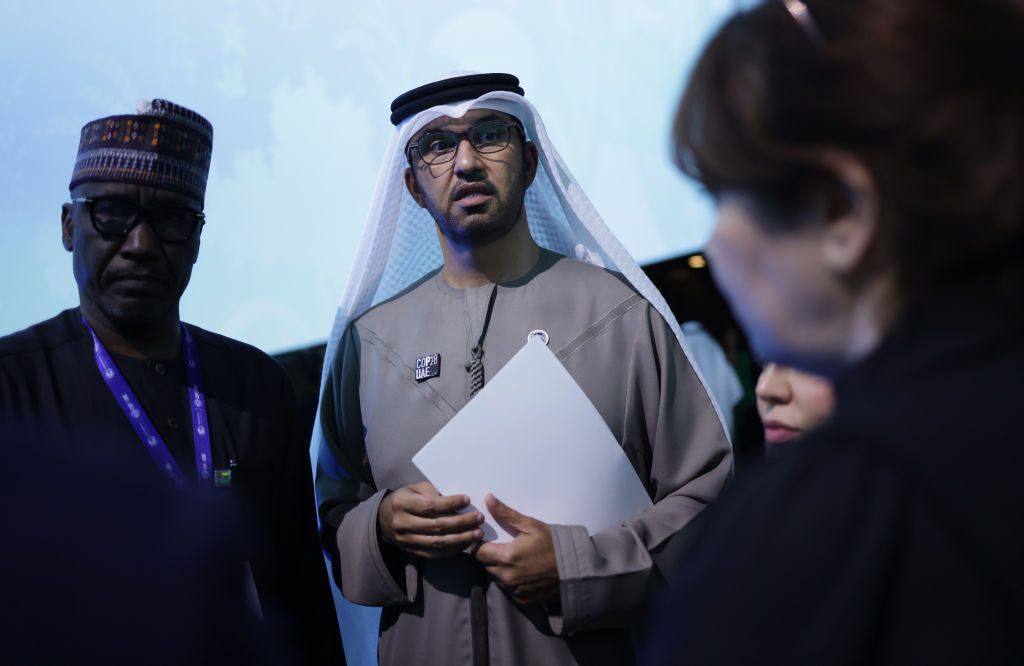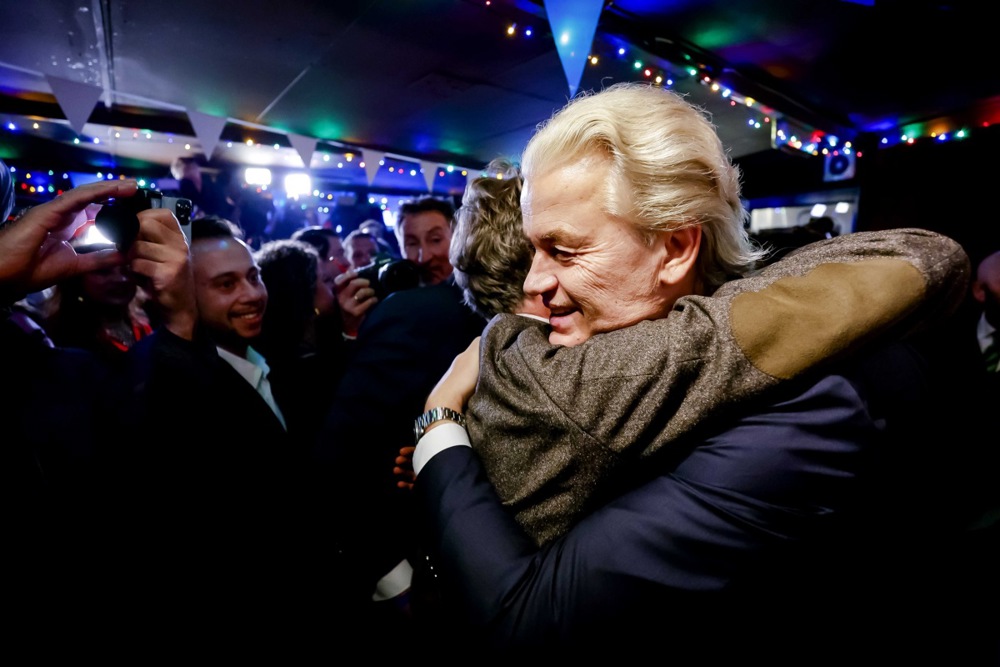As the old saying goes, predictions are always difficult, especially if they concern the future. But as 2023 is drawing to close, it is worthwhile to reflect on a few trends that will play a major role in the coming year.
As in the past, the West will still suffer from its notorious attention deficit syndrome: After almost two years of proclaiming unconditional support for Ukraine in its defensive war again Russia, unmistakable signs of war fatigue are setting in.
Political parties that are at least partially open to push for peace in exchange for Kiyv giving up parts of its territory are gaining in the polls all over Europe. Slovakia’s Robert Fico, a Left-wing populist who vowed to end sanctions on Russia, and Geert Wilders in the Netherlands – a Right-wing populist also critical of the West’s support for Ukraine – both won national elections without being harmed by their position on the war.
The new prime minister of Poland, Donald Tusk, whose more Left-liberal coalition has replaced the previous conservative government led by Mateusz Morawiecki is seeing the writing on the wall: In a speech on December 12, he was slamming the growing war fatigue of other Western leaders.
Yet even in Tusk’s Poland support for Ukraine and the refugees coming into the country is waning. According to PEW Research, public opposition to taking in refugees has increased from slightly over ten per cent to 39 per cent, while backing the intake of more refugees has dropped from 80 per cent to around 50 per cent.
Other European countries have similar trends among their electorate: Austria will go to the polls in the fall of 2024, and currently the Russia-sympathising Austrian Freedom Party (FPÖ) is poised to become the strongest force in parliament for the first time in history.
In Germany, the AfD has fortified its second place in the polls, and is poised to become the strongest party in three German states – Saxony, Thuringia, and Brandenburg – following regional elections in the upcoming year. Like the Austrian FPÖ, the AfD is promoting a U-Turn in Europe’s Ukraine policy and supports rapprochement with Moscow.
In France, Marine Le Pen’s party Rassemblement National (RN) is the most trusted party according to recent polls, and her personal image among voters has been improving significantly, demonstrating that French voters – just like their German and Austrian counterparts – do not see her calling on Ukraine to accept “Crimea as Russian” as a deterrent from potentially voting for her.
Even Italy’s Giorgia Meloni, who is publicly taking a strong pro-Ukrainian stance, had to admit in a phone call (with two Russian pranksters – something she was not aware of) that “We (are) near the moment in which everybody understands that we need a way out.“
Looming ever larger over the European debate are the upcoming presidential elections in the United States in November.
Although it is to soon to reliably predict the final match-up in the general election, at the moment things seem to shape up to be a rerun of the 2020 contest between Donald Trump and Joe Biden. The United States are facing significant challenges both at home and abroad: Threats from opportunistic enemies like Iran and its proxies, who are no longer deterred by the US military.
Rapidly moving centre-stage is a broken immigration system which at some point will have national security implications, since a porous border is also a magnet for potential terrorists.
And there are growing tensions at geopolitical chokepoints from Ukraine to the Taiwan Strait to the Red Sea.
Add to this mix, domestic issues like rising anti-Semitism and a crisis in higher education, where it seems that the only thing being taught effectively at US universities is hatred of the West and hatred of the Jews.
Not surprisingly, the US has once again missed its recruitment targets for its armed forces, leaving Washington with its smallest military in 80 years.
Regardless of who is going to win the presidency, pressure on the EU to contribute more to global security will increase. Although still the most formidable power on the globe, the United States cannot fight a war or effectively deter potential enemies simultaneously in Eastern Europe, the Middle East, and the Pacific Region.
Some burden sharing will be required, regardless of the occupant in the White House.
Some potential good news could come from the energy sector, as more and more natural gas projects are being greenlighted and from Saudi Arabia to the Gulf of Mexico a boom in LNG export facilities is taking place.
As a rule of thumb, shortages tend to be followed by gluts, so over the next few years energy could once again be available in abundance, relieving pressure on the global economy and hopefully having a stabilizing effect on inflation.
This will still need some time to materialise and depends on an absence of further geopolitical shocks, something that cannot be ruled out at the moment.






It’s the polls that swung it: EU leaders watered down the Green Deal in fear of Europe’s populist tide